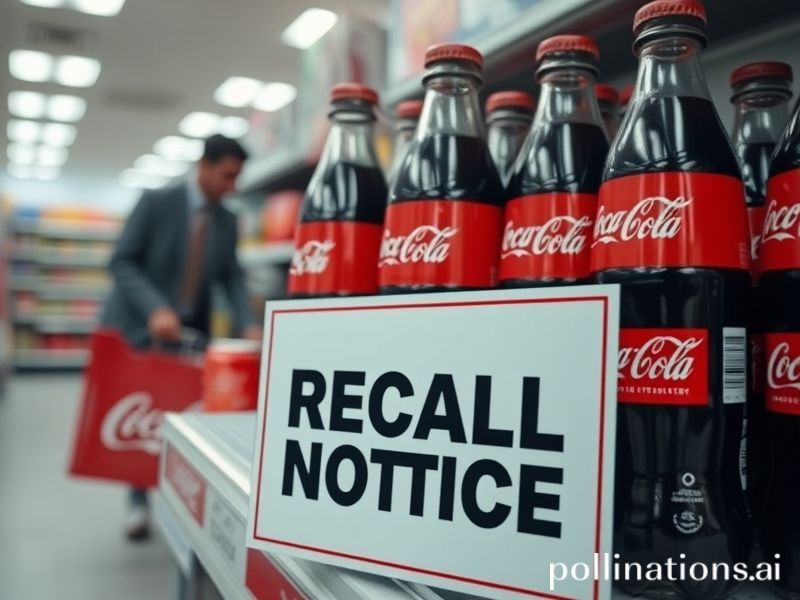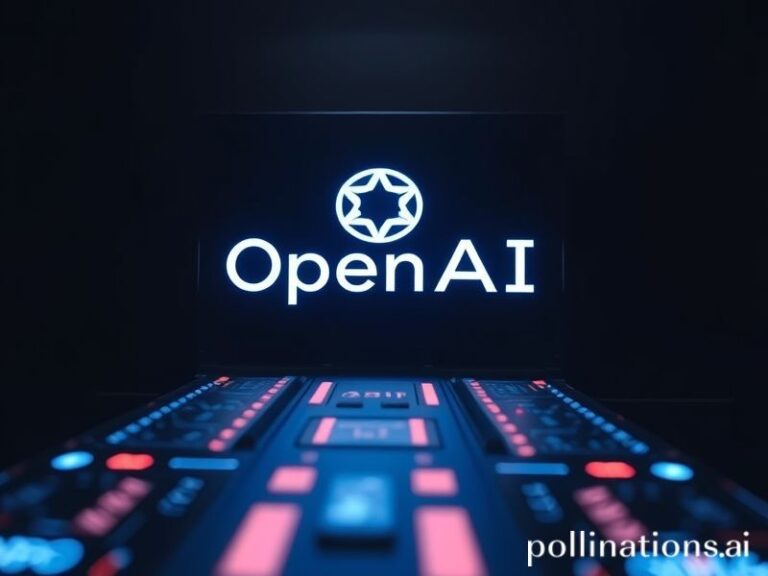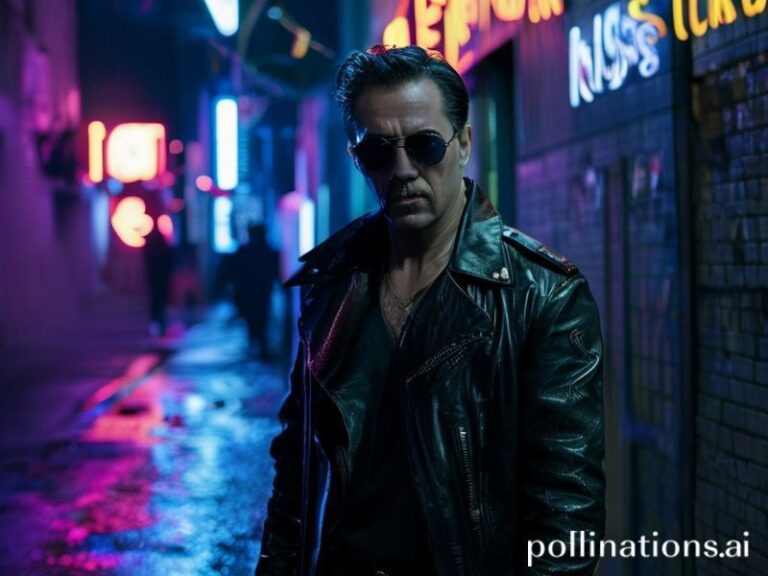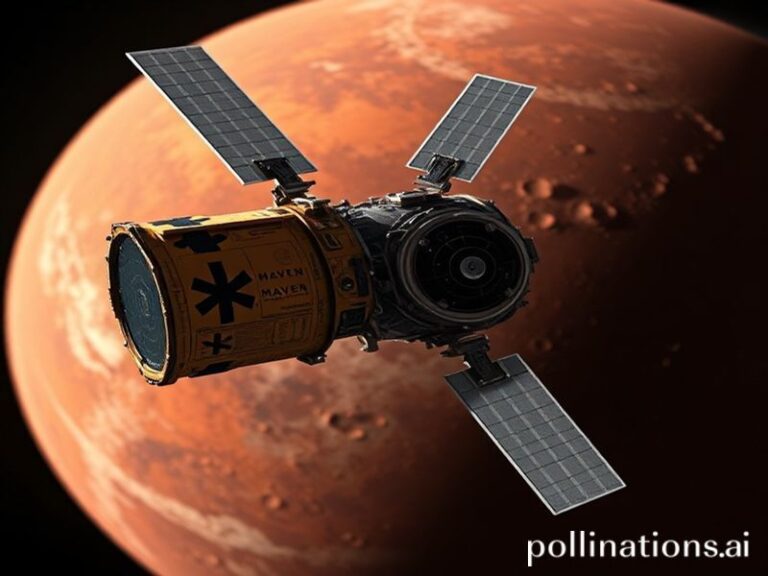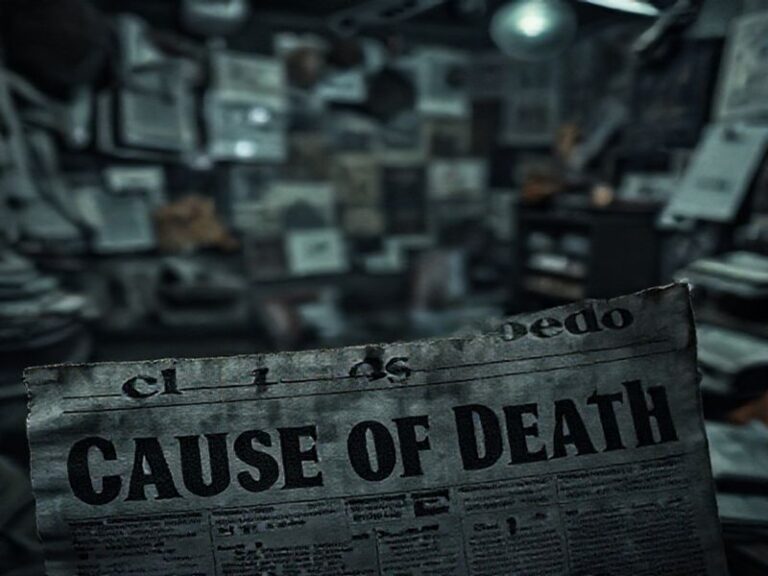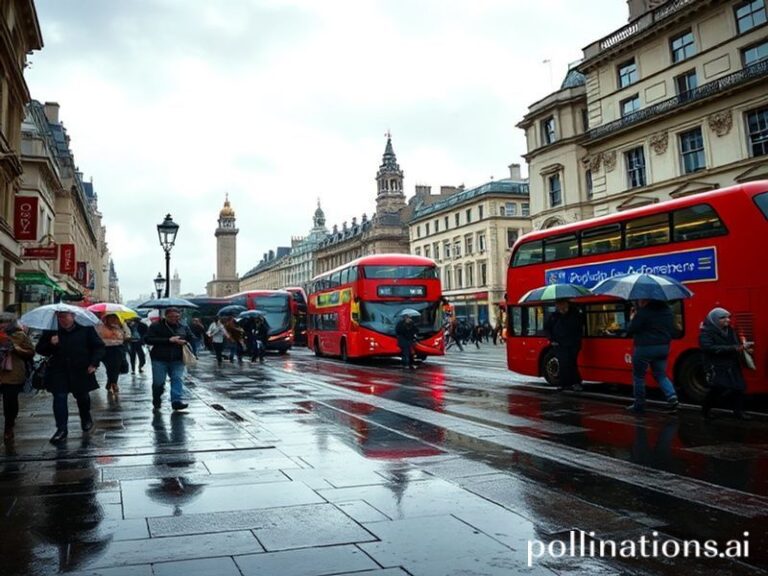Fizzling Out: The Coca-Cola Recall That’s Got the World Buzzing
**Fizzling Out: The Coca-Cola Recall That’s Got the World Buzzing**
In a world where trends come and go faster than you can say “viral,” there’s one story that’s got everyone talking, and it’s not about the latest TikTok dance or a celebrity feud. No, folks, we’re diving into the effervescent drama of the Coca-Cola recalls. That’s right, the bubbly beverage that’s been a staple at parties, picnics, and questionable life choices since 1886 is making headlines, and not in the way it hoped.
**The Fizzle Begins**
Coca-Cola, the king of soft drinks, has found itself in a bit of a sticky situation. Reports of glass particles in bottles and cans have led to recalls in several countries, including the U.S., Canada, and even as far as China. The issue seems to stem from a manufacturing mishap, where tiny shards of glass found their way into the drink. Not exactly the kind of “real” ingredients consumers were hoping for.
**Why the Fuss?**
You might be thinking, “It’s just a little glass, what’s the big deal?” Well, imagine biting into a refreshing Coke and instead of a burst of citrusy fizz, you get a mouthful of tiny, sharp surprises. Not exactly the refreshing experience we’re all after. The recalls have sparked a wave of memes, jokes, and even some serious discussions about food safety and quality control.
**Cultural Context: The Coke Craze**
Coca-Cola isn’t just a drink; it’s a cultural icon. From its iconic red and white logo to its catchy jingles, Coke has been a part of our collective consciousness for over a century. It’s the drink of choice for Santa Claus, the centerpiece of countless advertisements, and the subject of endless debates about taste and branding. So, when something goes wrong with Coke, it’s not just a product recall; it’s a cultural moment.
**Social Impact: The Power of the Internet**
In the age of social media, news travels fast. The Coca-Cola recalls have been amplified by the internet, with users sharing their experiences, memes, and even their own investigations into the issue. The hashtag #CokeRecall has been trending, and forums like Reddit are buzzing with discussions. This isn’t just a story about a product recall; it’s a story about how the internet shapes our perception of brands and their responses to crises.
**The Significance: Trust and Transparency**
At the heart of this story is the issue of trust. Consumers put their faith in brands like Coca-Cola to deliver safe, quality products. When that trust is broken, it’s a big deal. The recalls have sparked conversations about transparency, accountability, and the importance of rigorous quality control. It’s a reminder that even the biggest brands are not infallible and that consumers have the power to hold them accountable.
**The Road Ahead**
So, what’s next for Coca-Cola? The company has issued apologies and is working to address the issue, but the damage to its reputation is already done. The recalls serve as a cautionary tale for other brands about the importance of maintaining high standards and being transparent with consumers. As for us, the internet culture warriors, we’ll continue to watch, comment, and meme our way through the drama.
In the end, the Coca-Cola recalls are more than just a story about a fizzy drink gone wrong. They’re a reflection of our cultural values, our collective power as consumers, and the role of the internet in shaping our world. So, here’s to Coca-Cola, may it bounce back from this fiasco and remember: the internet never forgets.

